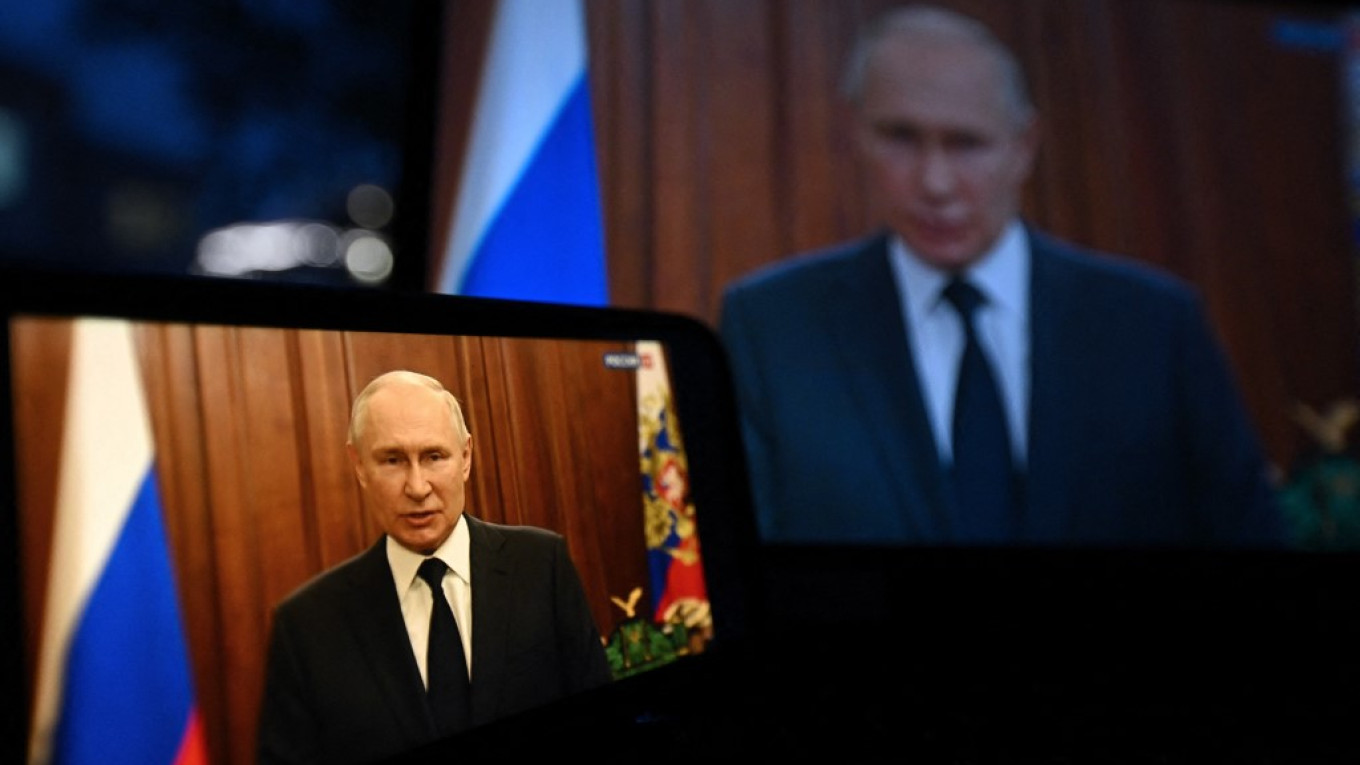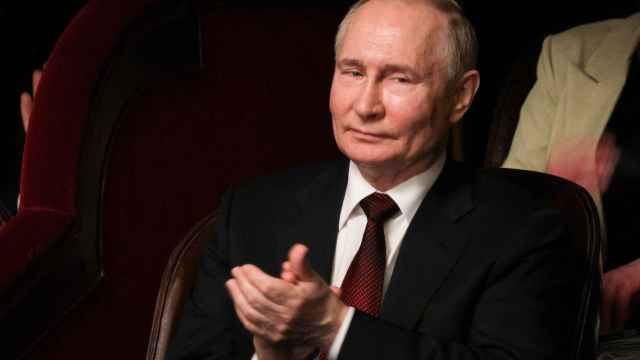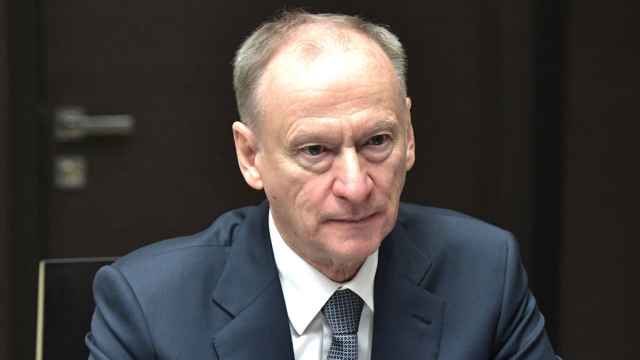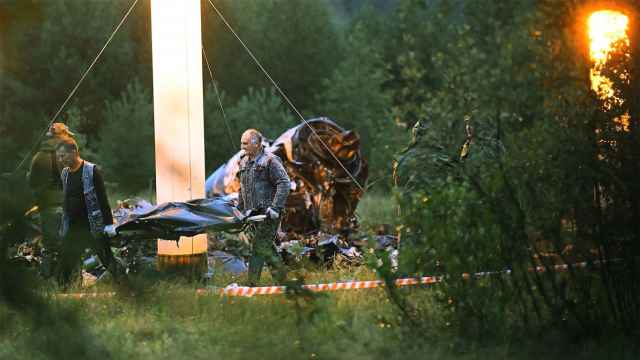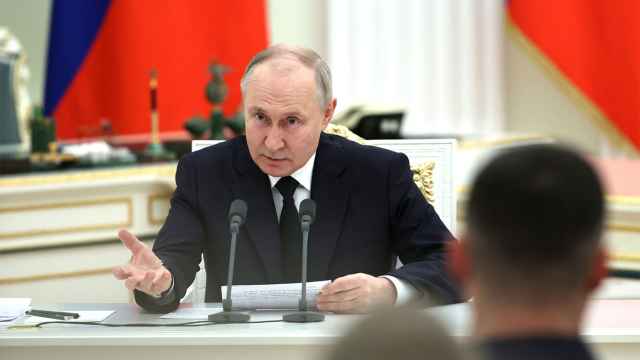Russian President Vladimir Putin told his nation that he had ordered that bloodshed be avoided during a weekend armed rebellion and offered Wagner fighters to join the army or leave the country after their mutiny.
He spoke as Moscow appeared to show a business-as-usual approach in the aftermath of the dramatic rebellion staged by Wagner that rattled his more than two-decade rule.
"From the start of the events, on my orders steps were taken to avoid large-scale bloodshed," Putin said thanking Russians for their "endurance and unity, and patriotism."
He said that the West and Ukraine wanted Russian soldiers to shoot at each other, two days after he warned against civil war:
"It was precisely this fratricide that Russia's enemies wanted: both the neo-Nazis in Kyiv and their Western patrons, and all sorts of national traitors. They wanted Russian soldiers to kill each other."
The longtime Russian leader warned attempts to sow unrest in Russia, which he has ruled for more than two decades, would fail.
"Civilian solidarity showed that any blackmail, any attempts to organize internal turmoil, is doomed to fail," he told Russians.
Putin accused rebelling Wagner fighters of treason and — without mentioning their leader Yevgeny Prigozhin by name — offered them to either sign contracts with the army or leave for neighboring Belarus.
"Today you have the possibility to continue serving Russia by entering into a contract with the Defense Ministry or other law enforcement agencies, or to return to your family and close ones... Whoever wants to can go to Belarus," Putin said.
The 24-hour mutiny in Russia ended by a Belarus-brokered deal as Wagner fighters approached Moscow, with the Kremlin saying Prigozhin had agreed to go into exile in Belarus.
Putin then held a meeting with his top security officials over the mutiny.
The meeting included Defense Minister Sergei Shoigu, a main target for rebelling Wagner fighters. It was the first time Shoigu was seen in public since the weekend mutiny.
A Message from The Moscow Times:
Dear readers,
We are facing unprecedented challenges. Russia's Prosecutor General's Office has designated The Moscow Times as an "undesirable" organization, criminalizing our work and putting our staff at risk of prosecution. This follows our earlier unjust labeling as a "foreign agent."
These actions are direct attempts to silence independent journalism in Russia. The authorities claim our work "discredits the decisions of the Russian leadership." We see things differently: we strive to provide accurate, unbiased reporting on Russia.
We, the journalists of The Moscow Times, refuse to be silenced. But to continue our work, we need your help.
Your support, no matter how small, makes a world of difference. If you can, please support us monthly starting from just $2. It's quick to set up, and every contribution makes a significant impact.
By supporting The Moscow Times, you're defending open, independent journalism in the face of repression. Thank you for standing with us.
Remind me later.


